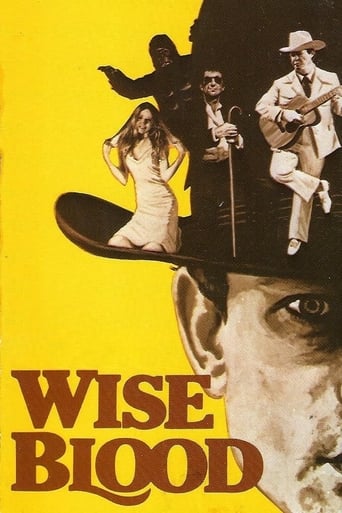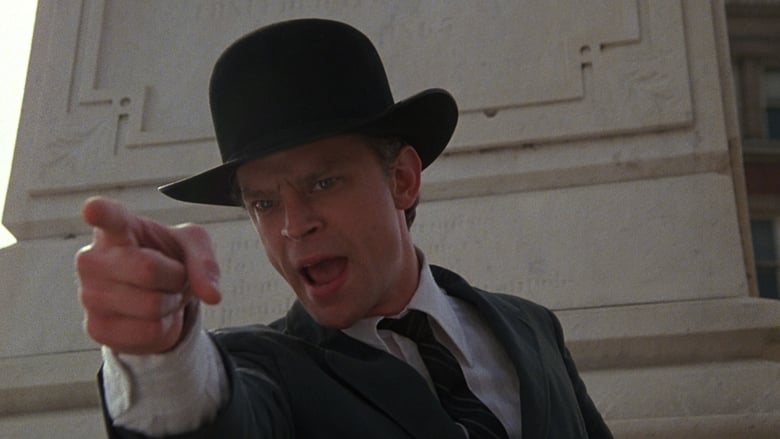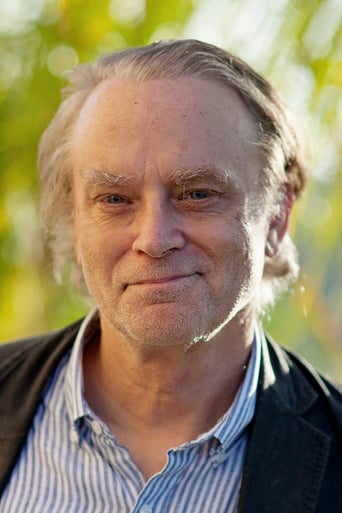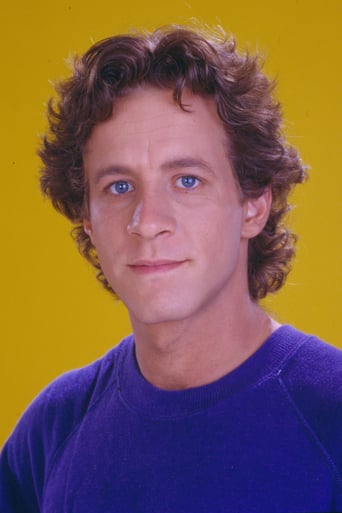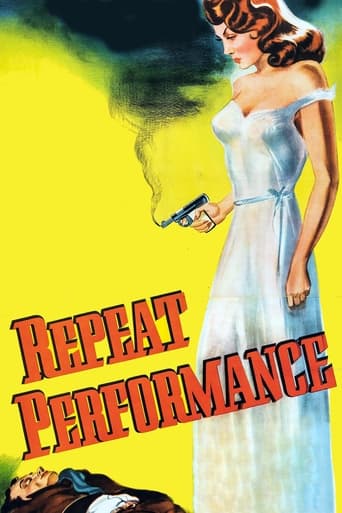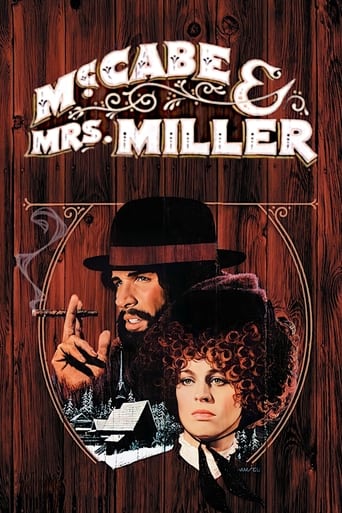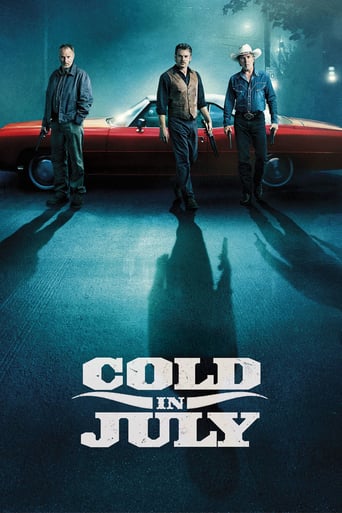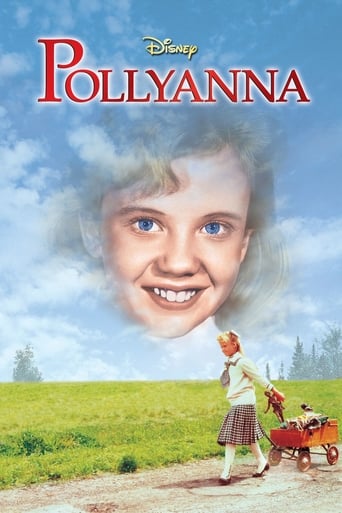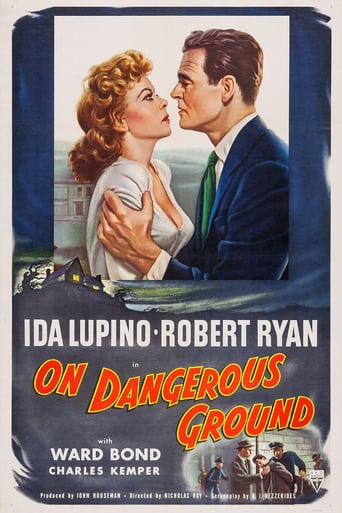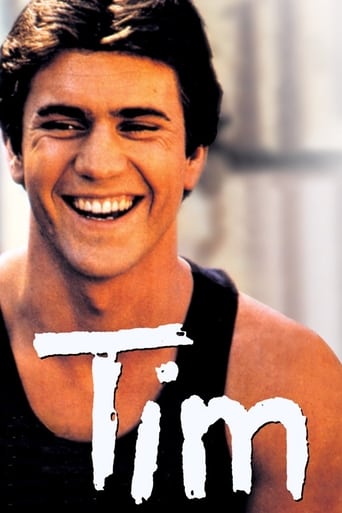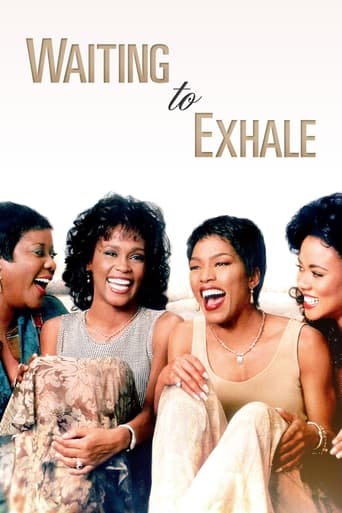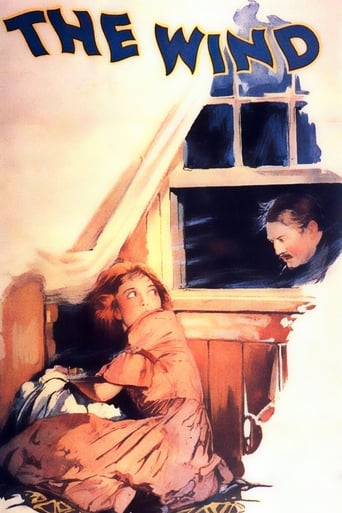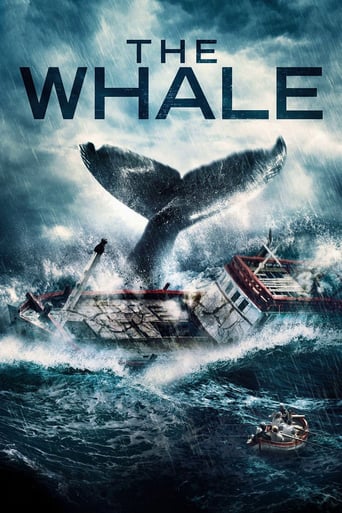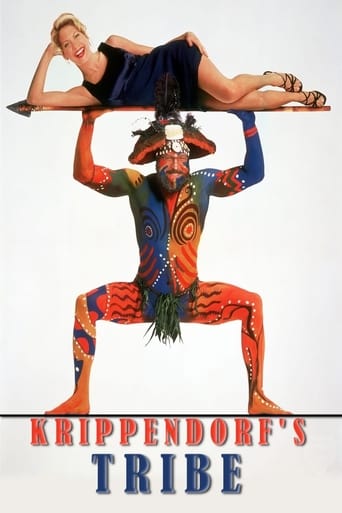Wise Blood (1980)
A Southerner--young, poor, ambitious but uneducated--determines to become something in the world. He decides that the best way to do that is to become a preacher and start up his own church.
Watch Trailer
Free Trial Channels
Cast


Similar titles
Reviews
What makes it different from others?
Am I Missing Something?
This movie was so-so. It had it's moments, but wasn't the greatest.
Great example of an old-fashioned, pure-at-heart escapist event movie that doesn't pretend to be anything that it's not and has boat loads of fun being its own ludicrous self.
Army veteran Hazel Motes (Brad Dourif) returns to the South after the war to find his abandoned crumbling ancestral home. His grandfather (John Huston) was a preacher. He's wounded but doesn't want people to know where. He intends to do something he's never done before. He hates to be called a preacher. He encounters blind street preacher Asa Hawks (Harry Dean Stanton) and his daughter Sabbath Lily Hawks (Amy Wright). He counters by preaching his own Church of Truth Without Christ Cruxified. He is hounded by Enoch Emory (Dan Shor) who claims to have wise blood. He buys an old rundown car to sleep in. He follows the blind preacher's daughter.There is a surrealism to all of it like the characters are not of this world. All of them are a bit off. Brad Dourif creates one of the most eccentric angry character that is still compelling to watch. This is such an off-kilter group. I'm fascinated enough to follow his meandering journey. There are some terrific supporting actors delivering wonderful performances.
Directed by John Huston, "Wise Blood" is an adaptation of a 1952 Flannery O'Connor novel of the same name. It stars Brad Dourif as Hazel Motes, the grandson of a staunch Christian. When he returns to the American South after World War 2, Hazel decides to start a church of his own.Huston's film largely omits what made O'Connor's novel memorable. O'Connor, who wrestled with her own Catholicism, set her tale in a racist, puritanical, post-war America. Moulded by religious family members, her characters saw themselves as being "unclean" and "guilty of sin". The faintest desires, the slightest sexual acts, sent O'Connor's characters into a tailspin, each viewing themselves as having committed a transgression against God.But O'Connor's novel went beyond simple Catholic Guilt. Culturally indoctrinated to view African Americans as being "unclean", O'Connor's guilt-ridden characters begin to view themselves as being "black". Self-identifying with African Americans, they perceive themselves as being tarred, blighted, outcasts and so intrinsically unworthy. O'Connor then drew parallels between slavery and Christianity; both were methods of inculcating obedience. Both promised redemption only after impossible, and obscene, forms of discipline.John Huston's "Wise Blood" touches upon these themes. Huston's characters try to reject God, they put stones in their shoes as penance and wear gorilla costumes as a form of quasi-racist punishment. More shockingly, they gouge out their eyeballs and lacerate their own bodies. But as Huston's film is obviously set in the racially integrated 1970s, and as it makes no attempts to convey the mood, mannerisms and psycho-social realities of the 1940s, these themes feel half-baked. In subtle ways, the Bible Belt of 1979 was not the Bible Belt of 1948. Huston either doesn't care about these subtleties, or honestly expects us to believe that his film is set in the 1940s.7.9/10 – Flawed but fascinating. See "Elmer Gantry".
Everything about this movie was supposed to be perfect, from the great American source novel of Flannery O'Connor, to the spot-on casting of Brad Dourif, Ned Beatty, and Harry Dean Stanton, to the direction of the legendary John Huston. So what went wrong? Answer: the very conception of how to tell this story. This was undoubtedly meant to be a vivid, colorful, literary, even surrealistic story of a man's personal obsession with and against the great excesses of Southern revivalist Christianity. A movie like this should have been made by someone with the visual flair of Tim Burton or the Coen Bros. Instead, it reminded me of an early Richard Linklater movie like "Slacker," following a meandering path of disconnected vignettes with Southern weirdos spouting their own idiosyncratic dialogue into thin air. Now, much of this dialogue is utterly hilarious and beautifully written (and supposedly verbatim from O'Connor's novel), but great dialogue alone does not a great film make.A film like this could only have been made in the 1970s, an era when filmmakers could helm projects which tackled very taboo subject matter (in this case the mother of all of them - religion). It's a shame it could never be made by a major studio in today's politically-correct climate, because if done right it would make an amazing literary period-piece. Who is this main character Hazel Moates really? We get to seem him do a series of some of the most insane things in modern cinema (off-screen), yet we never get a real character exposition. If someone is going to make a serious multi-layered satire of religion, they had better be prepared to go places visually and aesthetically for the viewer, and this movie does not. In addition, when is this movie supposed to take place (the cars are all contemporary 1970s, yet O'Connor's era of itinerant revivalist preachers wearing suits and hats ended in the 1950s)? Finally, Alex North's twangy hillbilly score is probably the most aesthetically incorrect soundtrack ever, next to the kazoo-and-banjo score from "Last House on the Left."
This is not an easy movie to get a handle on, so I'm not surprised reviewers either love it or hate it. Now, I've neither read the O'Connor novel nor lived in the South nor read the Bible since Sunday school. As a result, I have to take the movie as just that, a movie, without benefit of outside comparison.I get the impression that underneath all the black humor and exaggerated characters, something profound is going on. But exactly what? Perhaps you need that outside reference to penetrate the subtext. Then again, perhaps the profound subtext is illusory, like Hazel's view of Christianity, such that the narrative amounts to little more than artfully eccentric entertainment, courtesy sly old John Huston.The following are what I hope are helpful interpretations, generally not emphasized by other reviewers, many of whose commentaries were, nonetheless, very helpful to me.Above all, Hazel has come to hate hypocrisy. His motto appears to be: If you own the Truth, then live it. For Hazel, Truth is the illusory nature of Christian metaphysics, (a disavowal that doesn't necessarily equate with atheism), and by golly he's going to live that truth in his own peculiar way. Thus, the hard-eyed obsessive stare, the refusal of commitment sex (Sabbath) but not commercial sex (an over-priced 4 dollars), and the rather heartless rejection of the pathetically friendless Enoch. In short, like his adversary, the true Christian proselytizer, Hazel is a driven man.The trouble is that he knows only one way of spreading his truth-- by preaching angrily on street corners. Worse, his gospel is one of pure and insistent negatives (perhaps why atheism has never been popular), for example,"when you're dead, you're dead!" -- not exactly a crowd-pleaser. Nor, for that matter, is he going to allow Preacher Sholes (Ned Beatty) to dilute that negative message with a crowd-pleasing brand of hucksterism. Hazel may be strange, but he is no hypocrite.Now, it's clear that the broken-down jalopy means more to Hazel than just another hunk of iron. He's always praising it, even as it coughs smoke and bleeds fluids. It's his chariot, and while it might not take him to heaven, it will take him to the next town to spread his Word. Note that he even uses it to slay the pathetic pretender who would take his place on the street corner. Moreover, it's not until Hazel loses that chariot (hilariously) that he takes on the role of the martyred prophet. After all, rejection now means he has no other place he can get to.For me, the most revealing part of the film is Enoch's (Dan Shor) pathetic efforts at establishing contact with another human being. Huston, of course, doesn't play up the sentiment, but it's there anyway. Also, this may constitute the most damaging perspective on the dominant Christian culture of the movie-- even more damaging than Hazel's centerpiece non-belief. After all, if Jesus' message is unconditional love, why is Enoch alone and abandoned in an empty world of nominal Jesus followers. Nor, for that matter, is Hazel's brand of soulless non-belief any help either.Then too, just count the number of happy smiles in the film-- practically none, except when the kids are reaching out to the fake human, Gongo the gorilla. Poor Enoch thinks that by donning Gongo's costume, people will finally reach out to him. But there's no such contact in this atomized world of social rejects. In fact, a dominant theme appears to be just that, rejection-- Hazel rejects Jesus, Sabbath, his landlady, Enoch, Preacher Sholes, while even the cop rejects Hazel's jalopy, at the same time, the whole seedy community rejects Enoch. Quite a commentary on an environment where Jesus is advertised on every big rock and sold on every street corner as a friend to the friendless.Now, I don't know if there is any particular moral to the foregoing, but if there is, I suspect it's not a comforting one. Anyway, the movie is full of colorful characters, offbeat situations, and is never, never predictable. So, like the film or not, I expect that it's one you're not likely to forget.

